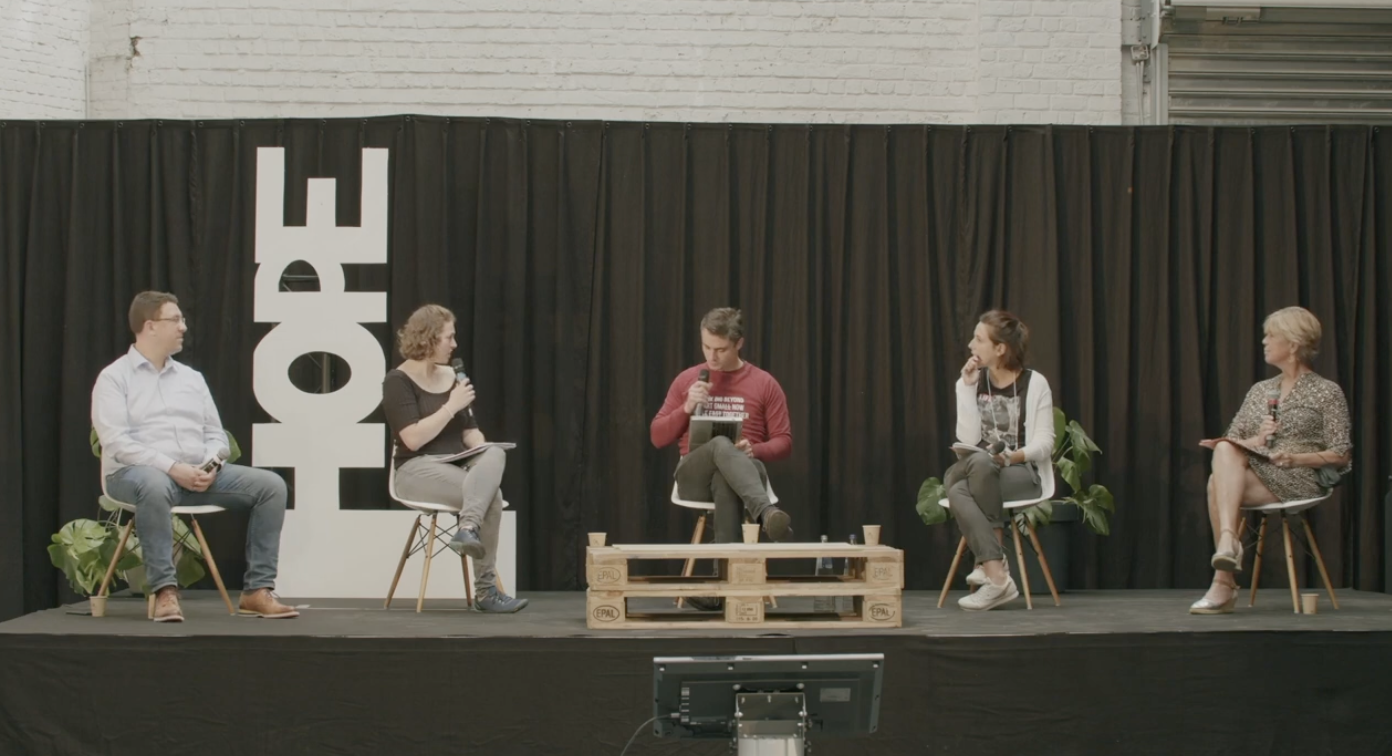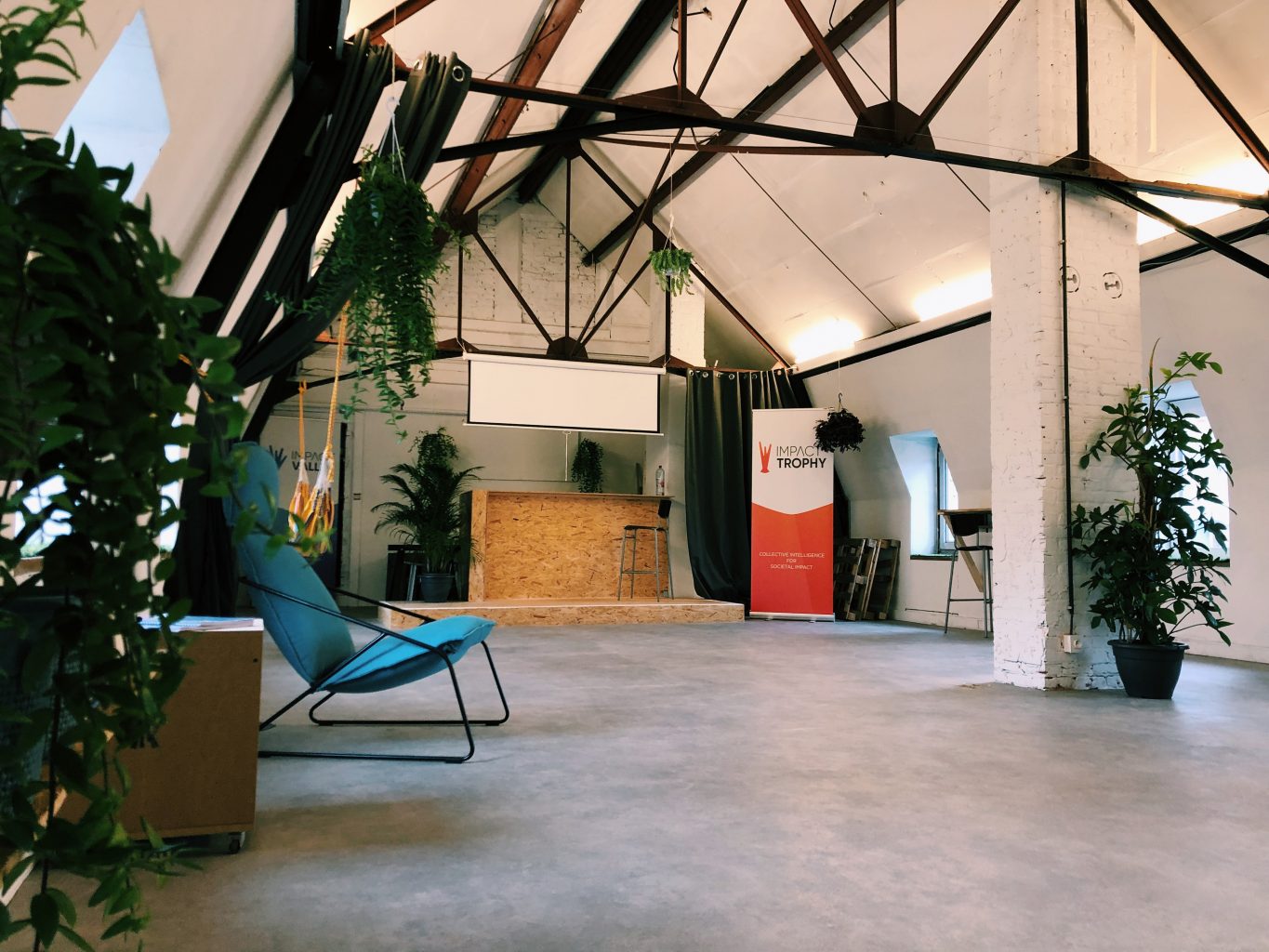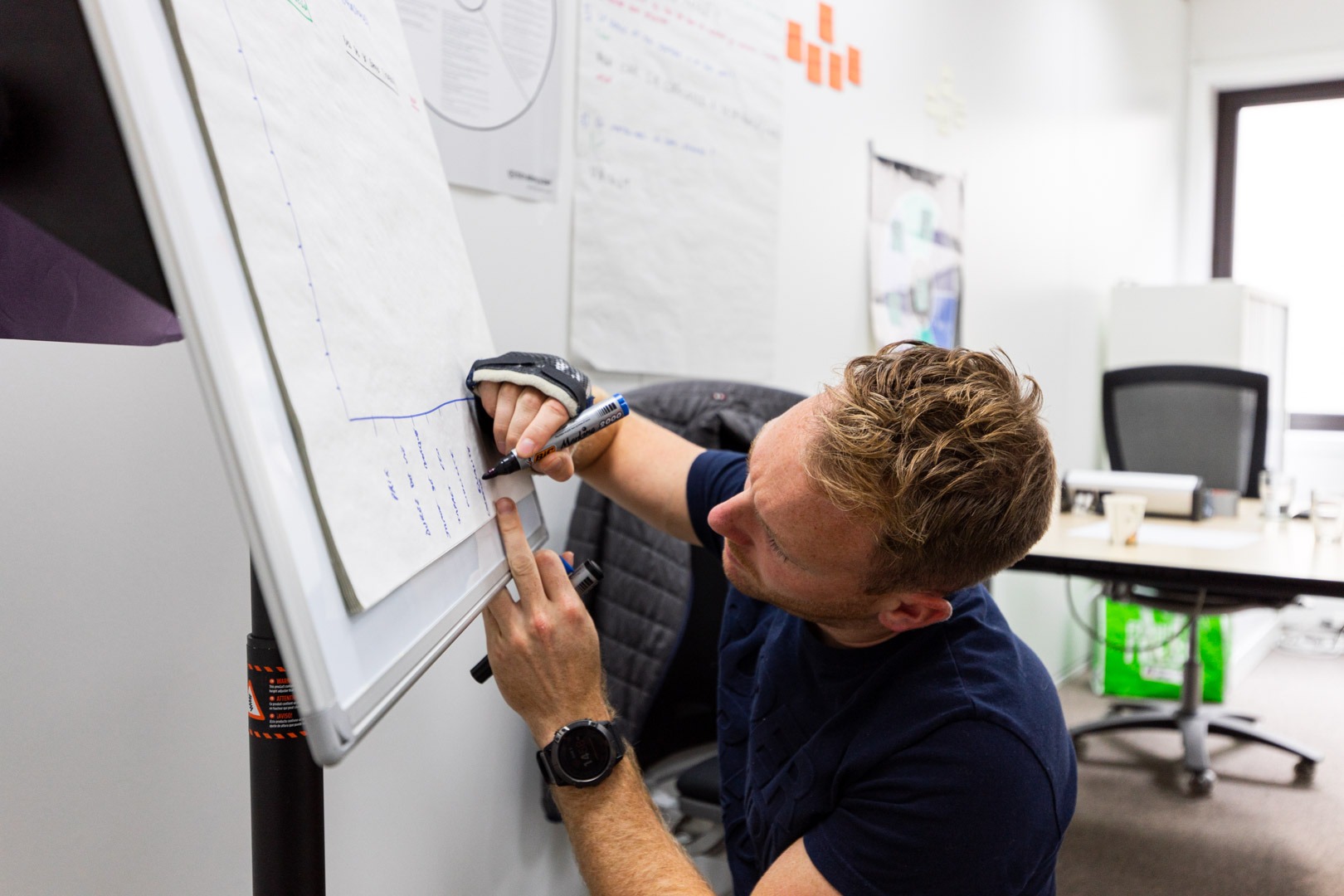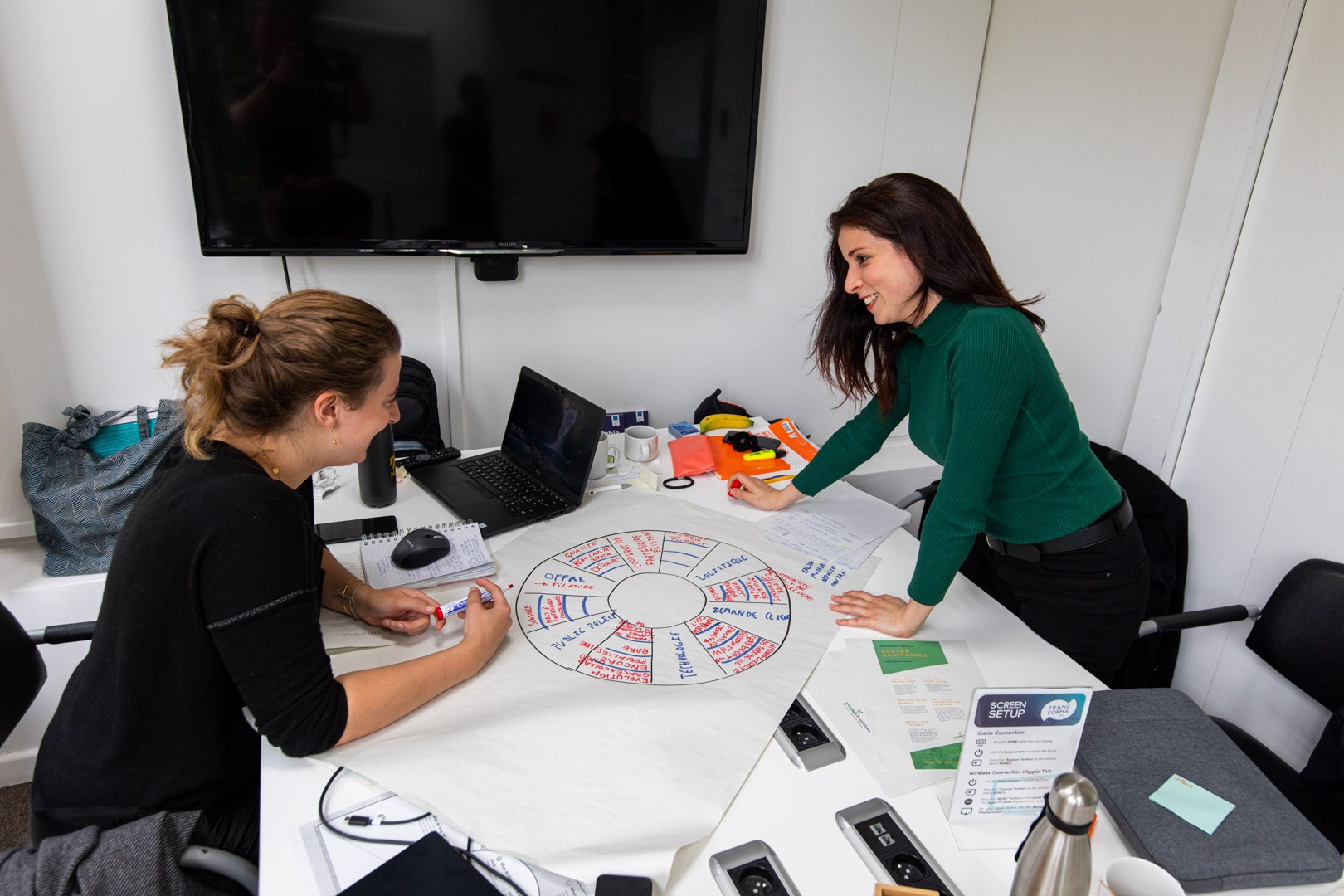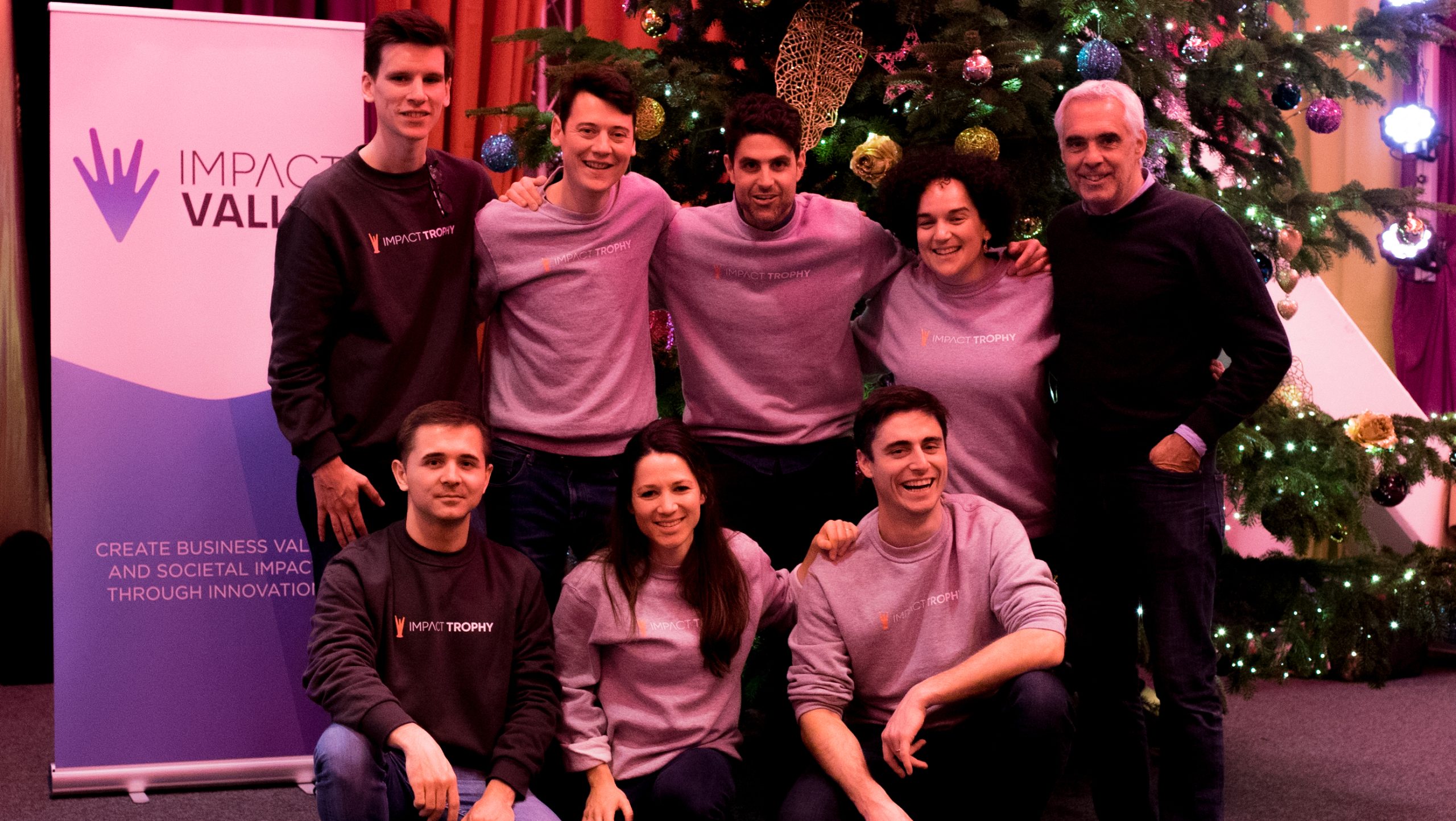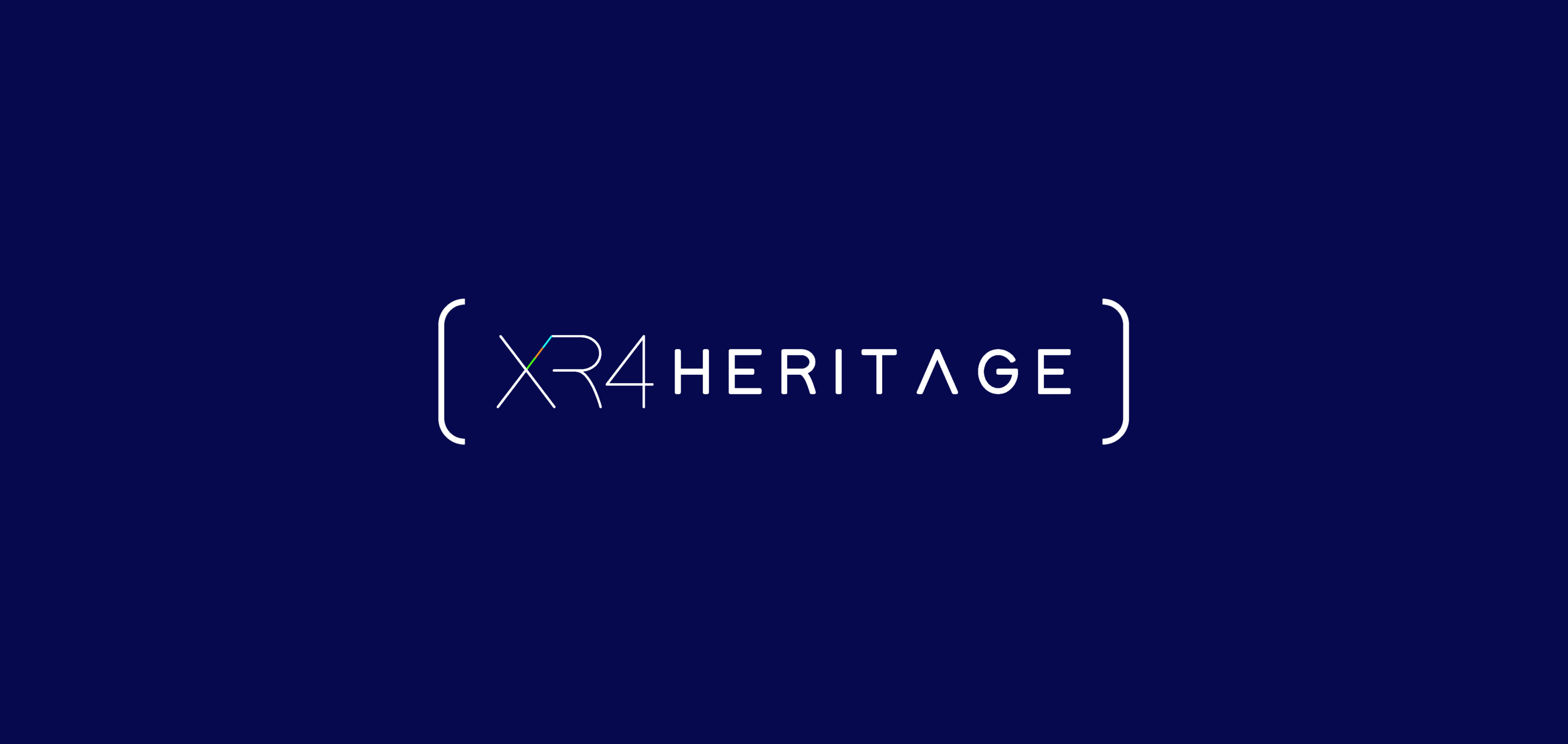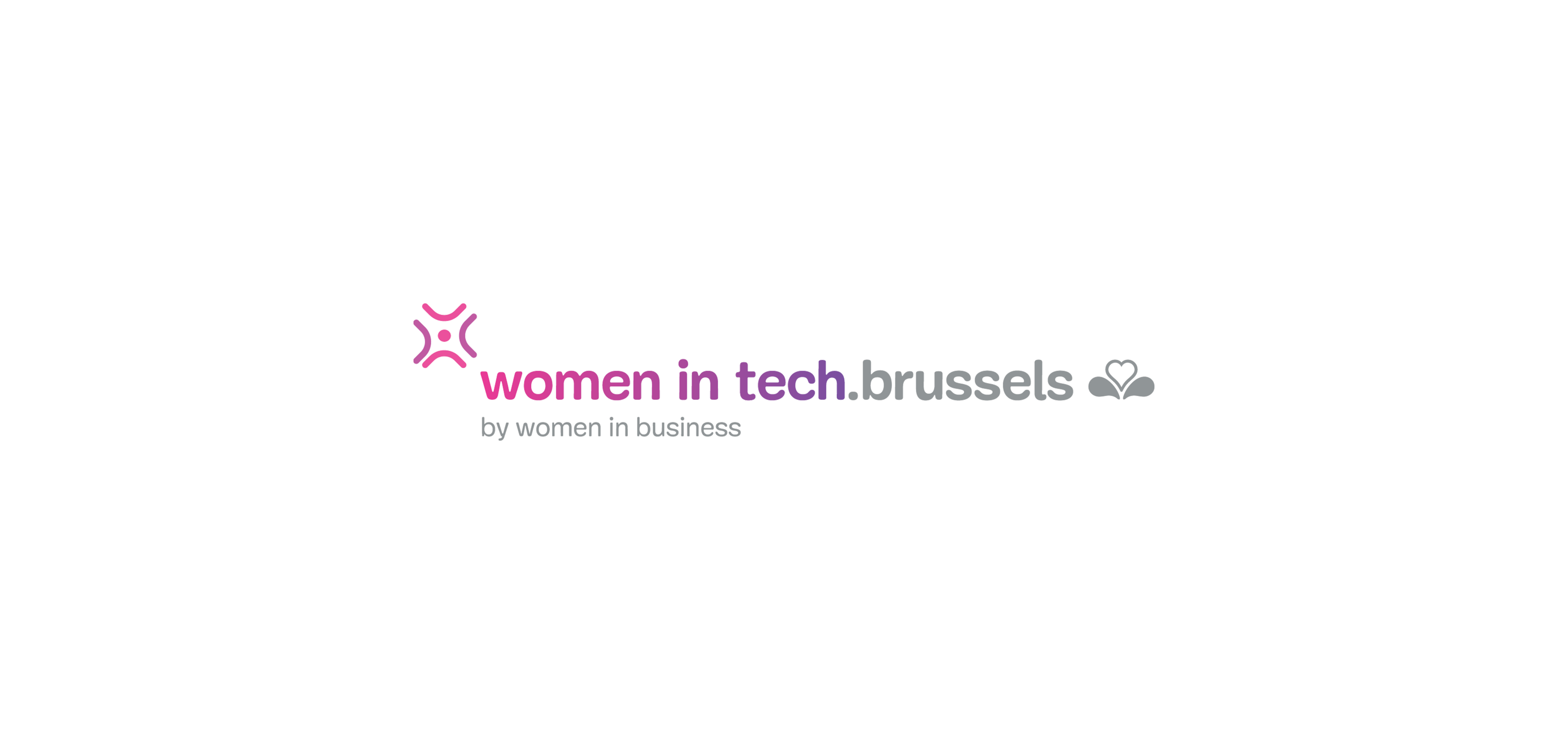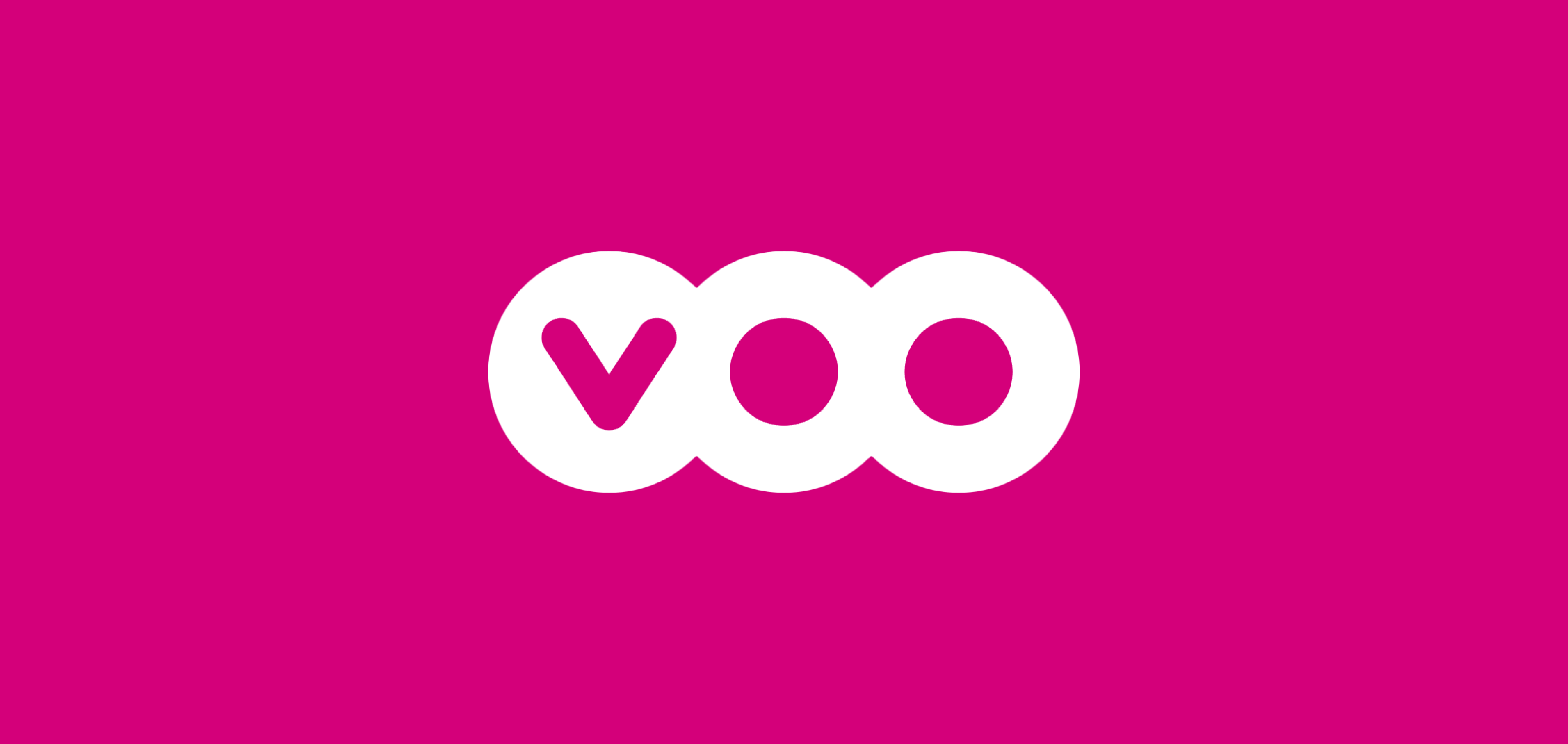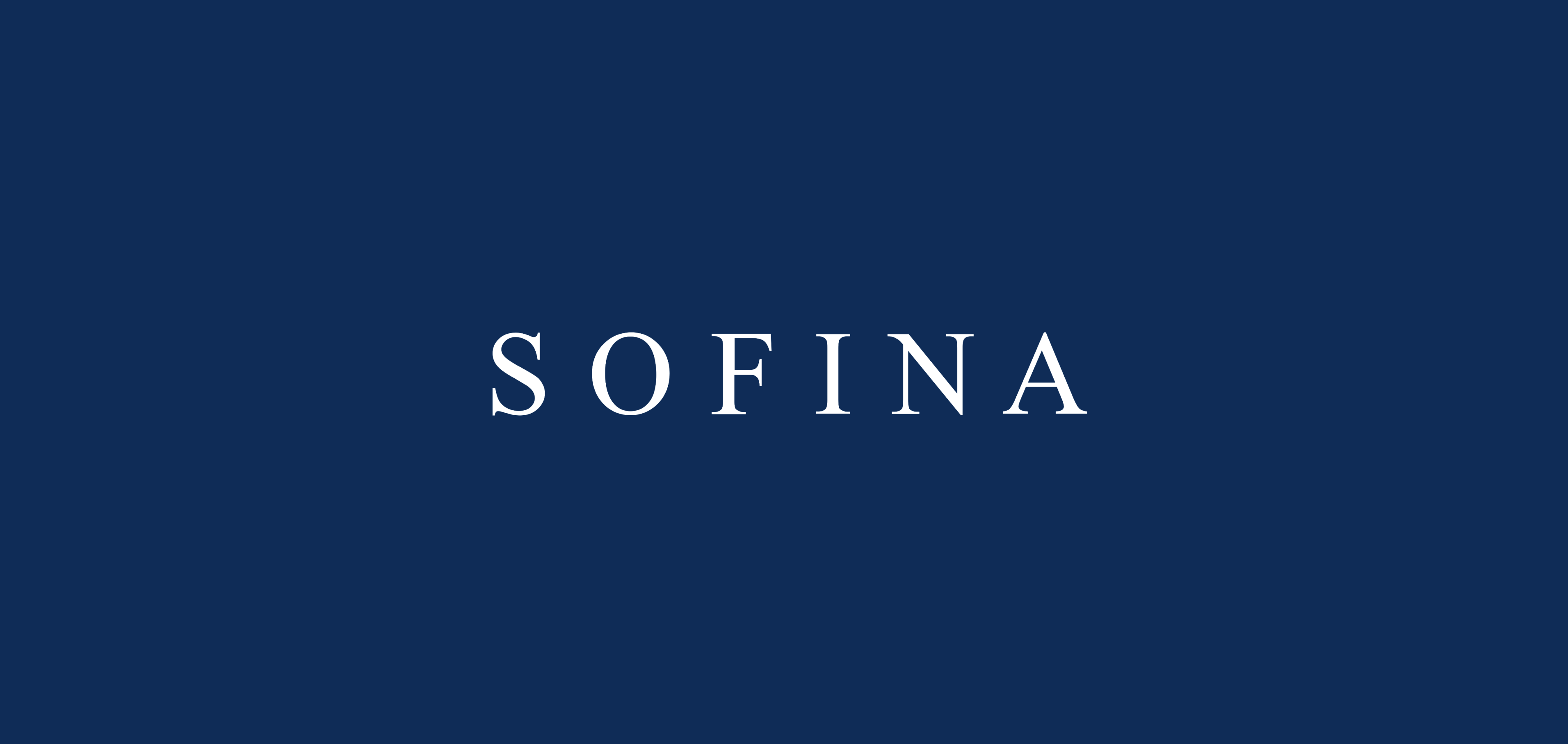Historiquement le lien se développe quand le Time building (donner de son temps à une association sur son temps de travail) vient remplacer le Team Building (dépenser des milliers d’euros pour des activités fun ou sportives : ça ne passe plus).
Continue readingImpact Valley’s Ambitions for the Future
What started 3 years ago as a project to increase the positive impact while reducing their negative footprint has allowed us to facilitate numerous workshops.
Continue readingUnderstanding Resilience
Resilience is defined as the ability of a living system to restore its systemic structure and functions after a disruption.
Continue readingImportance of Collaboration
Synergies between actors is essential to resolve the pressing challenges of this era as a single actor cannot arrive at global solutions.
Continue readingBe Empathetic
The human being is the central figure in all measures taken to pull our society out of the crisis and to keep enterprises afloat.
Continue readingCollective Intelligence
What does “Collective Intelligence” mean? We at Impact Valley see it as a way to empower a group of people by drawing from the capabilities of its members.
Continue readingCase: XR4Heritage
XR4Heritage is a heritage enhancement programm. We organised a 3-day Hackathon to boost the solution finding of the participants after an inspirational module.
Continue readingCase: Women in Tech
A 2-day Hackathon organised in partnership with DigitYser and Interface3 based on our 4D methodology, with the support of our Super Heroes.
Continue readingCase: VOO
We engaged a multidisciplinary team of collaborators to answer the challenge: Why isn’t the client base growing sufficiently?
Continue readingSofina
We supported Sofina’s Corporate Social Responsible (CSR) Committee to better understand and conceptualise aspects of what it means to be a responsible company.
Continue reading
